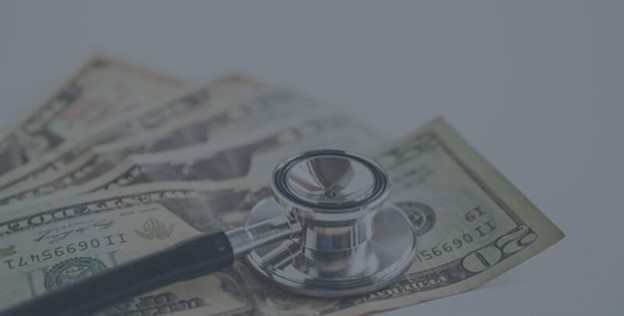In the United States, medical costs are a major problem. The average American spends more than $10,000 a year on medical care, and one in five Americans reports difficulty paying their medical bills.
Medical debt can affect more than just your bank account. It can also negatively affect your credit report.
The following are three credit facts you need to know about medical debt:
1. You Have a 180-Day Grace Period
Late payments can have a significant impact on your credit score when they appear on your credit report. Late payment on a traditional bill, such as a credit card or utility bill, can be reported to the credit bureaus after just 30 days.
The grace period for medical bills is longer. In 2017, the three major credit bureaus – Equifax, Experian, and TransUnion – agreed to allow consumers 180 days to resolve medical bills before they could be reported as late.
The benefit of this is that sifting through confusing medical bills, resolving issues with insurance companies, and verifying the accuracy of charges requires much more time than 30 days.
2. Medical Debts May be Treated Differently
Medical debt can be treated differently from student loans, credit cards, and other traditional debts. As a first step, unpaid medical bills later settled by your insurance company must be removed from your credit report (though you should verify the removal).
The newer credit scoring models, such as the newer FICO scores, treat medical debts in collections less harshly than other types of debt (though there is no guarantee the creditor will use the latest scoring model when you apply for credit).
3. You Don’t Have to be Notified When a Bill is Sent to Collections
A health care provider is not required to notify you before turning over a medical debt to collections. You might not even know you owe money until a debt collector contacts you. Bills can fall through the cracks or are sent to the wrong people – billing in the healthcare industry is notoriously rife with errors.
How to Avoid a Medical Bill from Affecting Your Credit
Paying all your bills on time is the best way to protect your credit from medical bills. Ensure your insurance provider is paying its fair share of all balances you owe. It may sound easier said than done, but you have 180 days after receiving a bill to resolve any issues.
It is possible to negotiate an alternative repayment solution – such as a repayment plan or a smaller lump sum – with your health care provider before the 180-day grace period expires.
Would you like to be notified whenever a medical bill appears on your credit report? Monitor your credit and stay protected.
Is your personal information on the dark web? Make sure your identity isn’t at risk!

